[If you’re here because you followed the link on the front page of our paper, we made a mistake. The proper link is here. ]
The United States contains over 4,300 colleges, only about 70 of which currently allow for concealed handguns to be brought on campus. In 2009 alone, 2,590 forcible sexual offenses, 1,866 robberies and 2,675 aggravated assaults were committed on college campuses. All of those crimes involved a culprit and a victim and could have been prevented had the victims been able to defend themselves.
Like they say, “When seconds count, the police are only minutes away.” In a school shooting, every second counts. A licensee with a handgun can take down a gunman in those seconds or at least stall the shooter, preventing numerous deaths.
The Virginia Tech Massacre, likely the most well-known college campus shooting in America and one of the deadliest shootings in the U.S. by a single gunman, will have its anniversary on April 16. During a ten minute period, Sueng-Hui Cho, the gunman, had killed 30 innocent people. With the average police response time at roughly eight minutes and the first 911 call being placed around one to two minutes after the initial gunshots, about nine out of the twelve minutes consisted of guaranteed massacre, with the majority of Cho’s victims coming early on or in the middle of that time period. Police alone simply cannot guarantee the safety of the people at college campuses. People should have the right to defend themselves, lest they rest that right solely in the hands of someone else too far away to do anything.
Some people, those against campus-carry, would claim schools need not allow students or faculty to carry handguns as they think their alternative methods to keep the students and faculty safe will suffice. Their methods include private security, less-dangerous weapons, and even survival classes. None of those options can be put into effect as easily as allowing students to defend themselves can, and none of them work as well.
Private security could cost colleges hundreds of thousands of dollars and would be too expensive for many colleges. Only the wealthiest of colleges would have the option to hire a private security company, meaning non-profit and community colleges would be left unprotected. Also, private security companies have neither the manpower nor the firepower to protect students and faculty from a gunman in the few minutes they would have. It only makes sense to allow students to have the option to adequately protect themselves in addition to what police departments offer rather than restrict their rights.
As for alternative weapons, no other weapon matches the ability of the handgun to protect the innocent person holding it. Even if schools began offering survival classes to help make use of these alternative weapons, such as tazers, students and faculty would find the information to be common sense. San Antonio College, the first major college to propose the idea of survival classes, has stated the goal of their survival classes would be to get students and faculty in the “survival mindset” if something ever happened. They teach students how to get out, hide out, and, if necessary, take out the gunman. Perhaps they expect students to throw chairs or desks at the shooter while the shooter breaks through the classroom door. If only plastic or one-inch-thick pieces of wood could stop bullets. Unfortunately they can’t. A shooter would kill undeterred if their victims only had objects found in the classroom to use in their defense.
Handguns on college campuses have proven effective before, and not just once, but multiple times. In 2002 at the Appalachian School of Law in Virginia, a student began shooting and killed two administrators and a student aide. Two students, armed with handguns they had retrieved from their cars, confronted the gunman, bringing the chaos to a quick end. Similar events occurred in 1997 at Pearl High School in Mississippi and in 2007 at the New Life Center in Colorado Springs. Not only do handguns help to stop shootings, they help prevent such incidents. After the Virginia Tech Massacre, the state of Utah promptly allowed its students to carry concealed handguns. Since then there has not been a single incident like that of Virginia Tech.
Even overseas guns have shown their usefulness at schools. In 1975 Muslim extremists in Israel began to slaughter students at a school. From there on all Israeli schools have allowed staff and even parents to arm themselves and no more shootings occurred until March 2008. During that shooting, another Muslim extremist open fired on a school, killing eight. Similar to Columbine, police responded by surrounding the school but not entering it. Two part-time students ended the situation by killing the shooter themselves. Guns have only ever proved their usefulness in the hands of the innocent, just as they always will.
Furthermore, not just anyone would be permitted to hold a concealed handgun, much less bring one on campus. Any student or faculty member would need to be at least 21 years old, pass a state and federal criminal records check and go through a certified training course to obtain a concealed handguns license. If colleges worry about people sneaking in guns without a license, they can require all licensed carriers to wear a special sticker or badge clearly showing they have the certification to use their weapon, much like how many high schools require students to wear ID’s to show they go to that school. It only makes sense that states allow at least schools’ faculty members to arm themselves. They can, if they feel the need, require faculty to use strongboxes to protect their weapons and keep them from getting stolen, but either way the faculty have the right to defend themselves.
In Texas, the struggle to allow campus-carry on college campuses has begun with Texas Senate Bill 354, a bill that would prevent colleges from banning their students to bring licensed guns on campus. As expected, the bill has received a great deal of support on one side with equally as much criticism on the other. The bill just recently passed the Senate Committee on Criminal Justice with a 4-2 vote, but will face much more opposition as it makes its way through legislation in the coming weeks. If you understand the need for campus-carry, contact your local senator and let them know. A single senatorial vote could be the difference between the bill passing or not. People deserve the right to protect themselves, help them get it back.



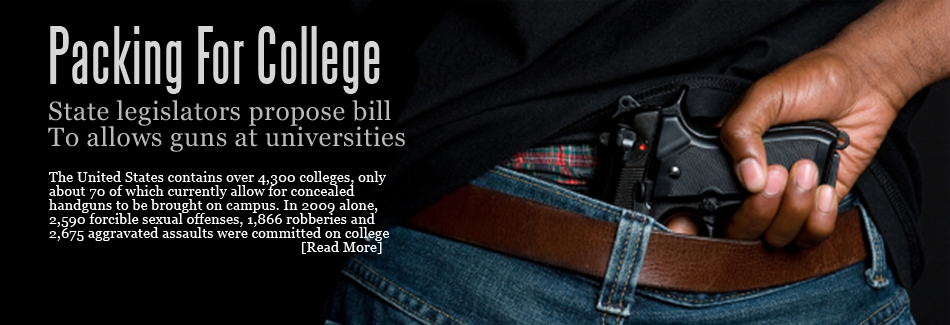

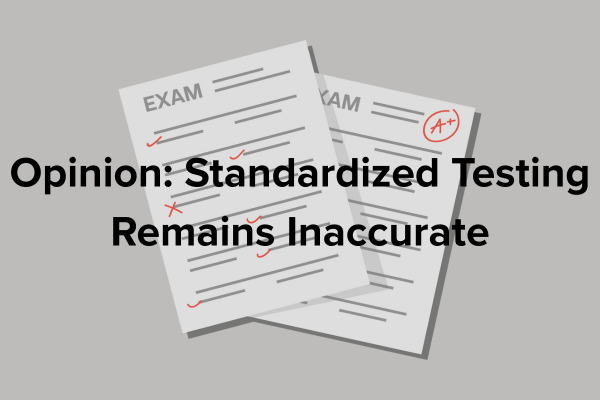





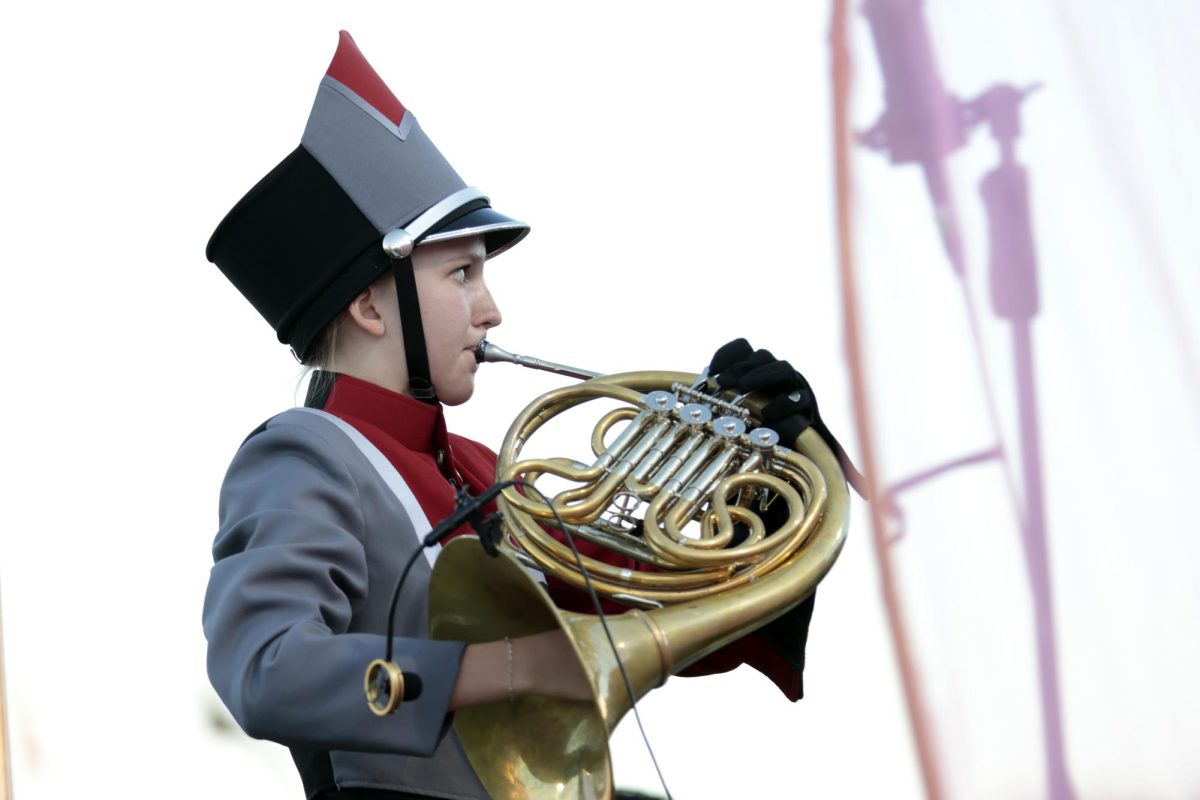






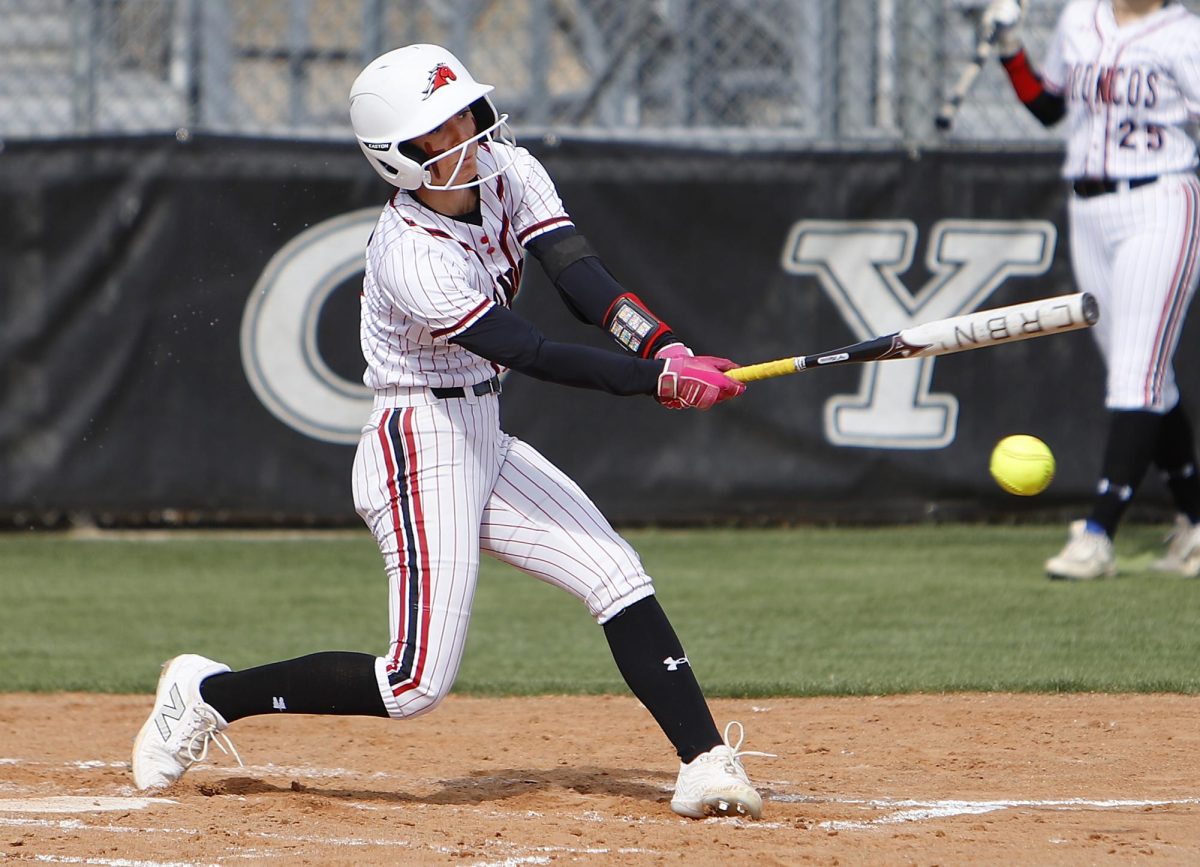

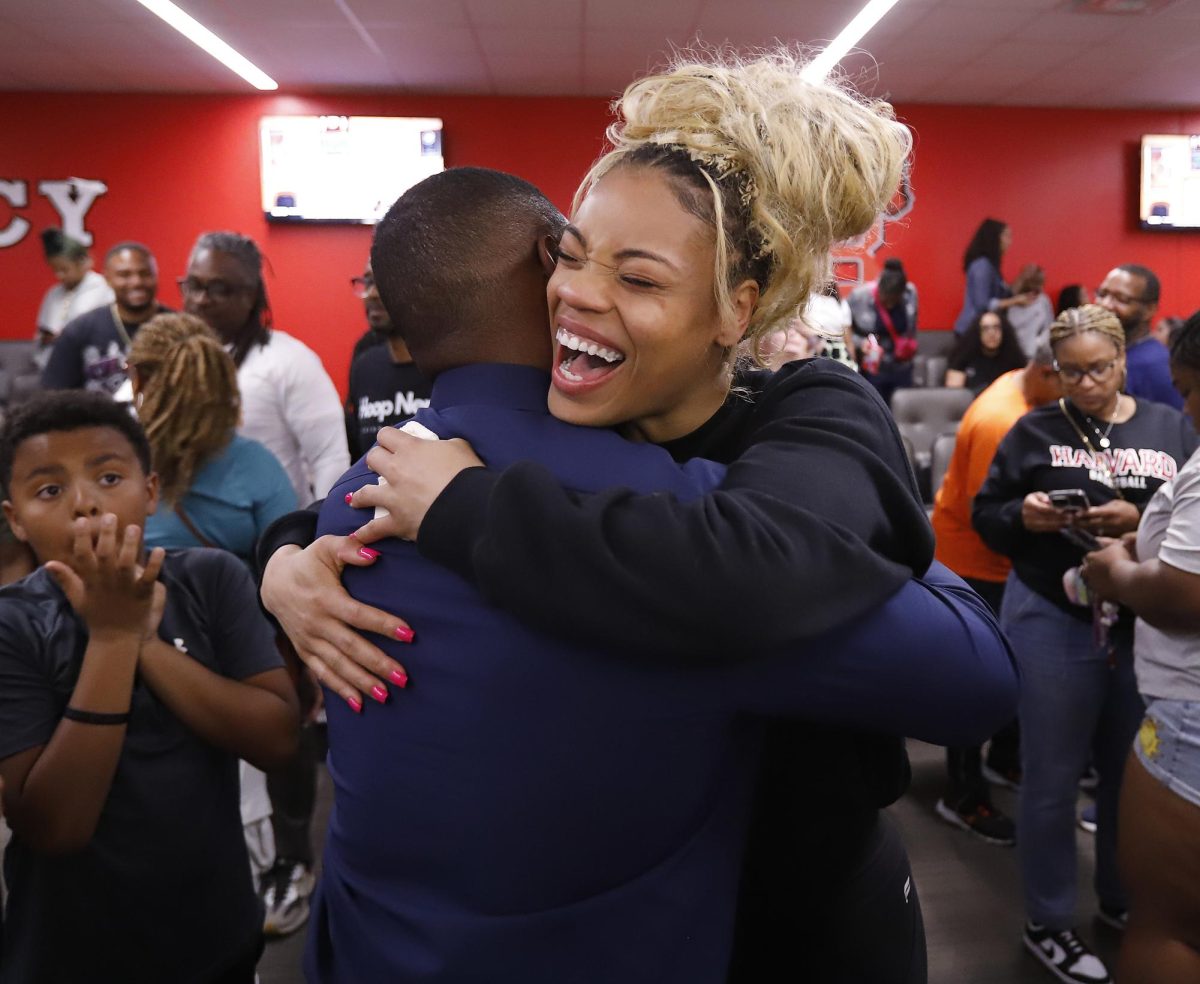

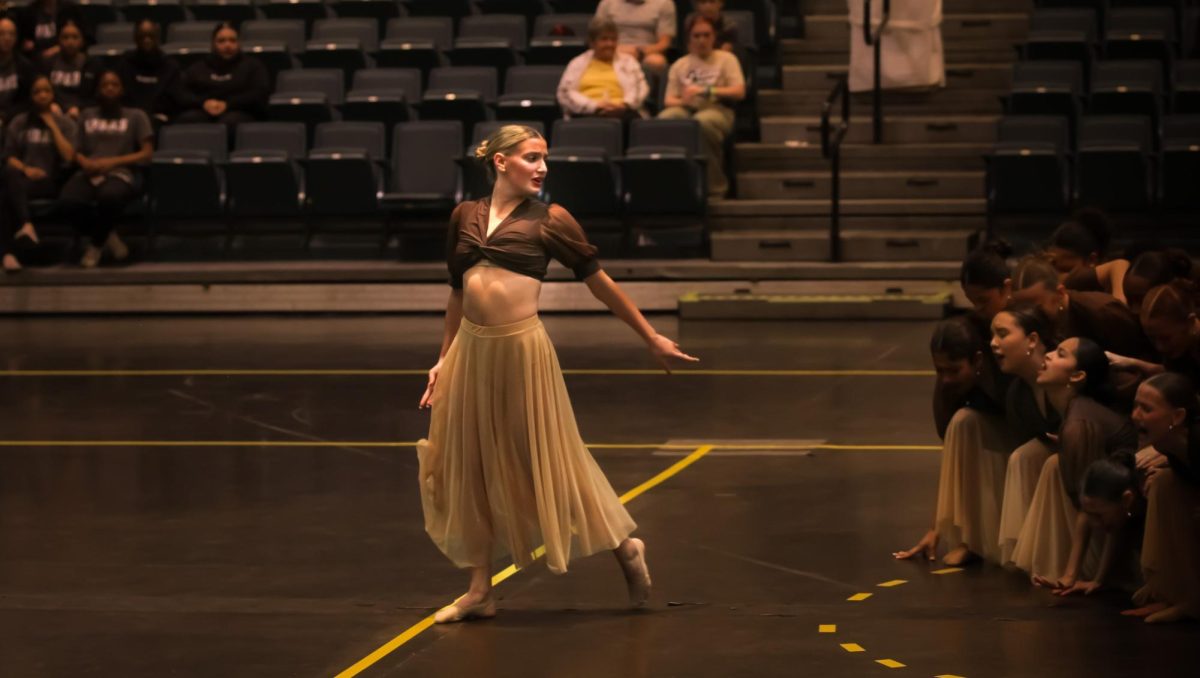
Drew Gassiot • Jun 13, 2011 at 2:17 pm
Sorry for minor grammatical errors. I’ve been up for a while.
Drew Gassiot • Jun 13, 2011 at 2:14 pm
First I’d like to point out that the plural of anecdote is anecdotes, not evidence. Students taking down a gunman with guns isn’t proof of anything. My counter would be that only an idiot would keep a gun in his car. Of all the things to break into, a car is just about the easiest, and now someone else has a gun registered in your name. Though considering the fact that you could get an unregistered firearm just by going to the nearest Texas gun show and buying a gun from someone, it almost isn’t worth the trouble. I’ve seen some of the people who pass concealed license exams, and their grouping is horrible. It takes no skill to get one. Also, the number of deaths by shootings in the USA are about ten times greater than Canada, Australia, and Japan, all of which have much stricter gun control laws than the U.S. The fact that you listed the number of robberies in this genuinely scares me, considering that theft rates are directly related to poverty levels, and that it is insane to think that the correct punishment for it is being shot. On a more interesting note, 69% of college students admit to having been drunk at least once. 56% admit to binge drinking. Because classes are generally during the day and happy hours are usually later in the evening, I think we can conclude that the majority of this drinking occurs during the evening, probably on the weekends. Also, roughly 63% of rapes/sexual assaults/ and assualts occur at night time. This means that when the gun is statistically most likely to need to be used is also when statistically college kids shouldn’t be allowed to text or drive, much less handle a gun. Also, lets run a few “thought experiments”. If someone holds you at knife/gun point and asks for your wallet, it is well known that the most statistically safe solution is to hand over the wallet/ car keys. Now if it is a car the thief will most likely be caught and if it is your wallet odds are it will cost you $100 max to undo whatever damages are done. Is that worth anyone’s life? Most would say no, but I guarantee having a gun will tempt people into going with the significantly less safe option of trying to fight off your attacker. Let’s say someone charges at you with a knife: At this point it is best to run. Your gun shouldn’t be loaded and should have the safety on. By the time you have it ready to shoot, you will probably be in the knifes reach. But again being armed will make you want to do otherwise. The best way to stop crime is to prevent it. Don’t walk around alone at night. Lock your car. It would be better to carry a taser considering that it is easier to aim and instantly paralyzes your attacker. Also, I go to Tech and have visited many other Texas colleges several times, and I can count on my fingers the number of them that I trust with a gun. A gun also gives its wielder power. This means that whoever does not have a gun or cannot afford a gun is now at the mercy of those who can and do. If you really think a gun is going to protect you in an assault situation you are joking yourself. In fact that is kind of the idea behind assault. You catch your victim off guard and take them by surprise. Most criminals I personally have heard about being shot were either thieves or fleeing, both of which are unjustified instances of shootings. Also consider that there is already a great amount of tension between the police and the citizens of America. There are countless cases of police officers shooting at what they think is a man drawing a gun who is only reaching for their wallet or phone. If this policy is put into effect, police officers will just have to assume that everyone in a college town who looks 21 is armed. The reason people want to carry around guns is because they feel protected. They know other people have guns, but they also know that they have one and have a false sense of trust in their ability to use it. The problem is that I don’t trust you or anyone around me when it comes to their ability to handle a gun. If you really want to stop violent crime, stop going where violent criminals want you to go.
Ferman • Apr 19, 2011 at 11:26 am
Personally, I hate the idea of anyone carrying handguns around me. It makes me nervous and I hate the thought that anyone can flipout and would have the means to take a life. One of my best friends has a concealed handgun license, but he knows better than to carry it around me. When he and his family come to visit, his firearm stays in his vehicle because he knows it isn’t welcome in my home.
Allowing this law through the legislature would only make it easier for people like Sueng-Hui Cho to get firearms. Up until he decided to massacre students at Virginia Tech he was normal and probably would have passed the screenings. This law, more or less, places these weapons in the hands of those who want them.
Those are my two cents.
Jackie • Apr 14, 2011 at 6:23 pm
This was a very well-written and thought out article, good job! I would like to note that there are two bills, one in the house and one in senate, and they are called ‘concealed-carry’ rather than ‘campus-carry’, just a minor thing.
I personally disagree with the proposition, due to the nature of college campuses and the high-stress environment. On-campus crime is very little, with the majority of crimes being committed around, but still off, campuses, where concealed-carry is already permitted. Situations with campus shootings are not really what this is about, it is more concerned with the need to protect yourself from robberies, muggings, etc. Shooters on campus are such rare and scattered occurrences that they should really not be the main point to make a decision on in this debate.